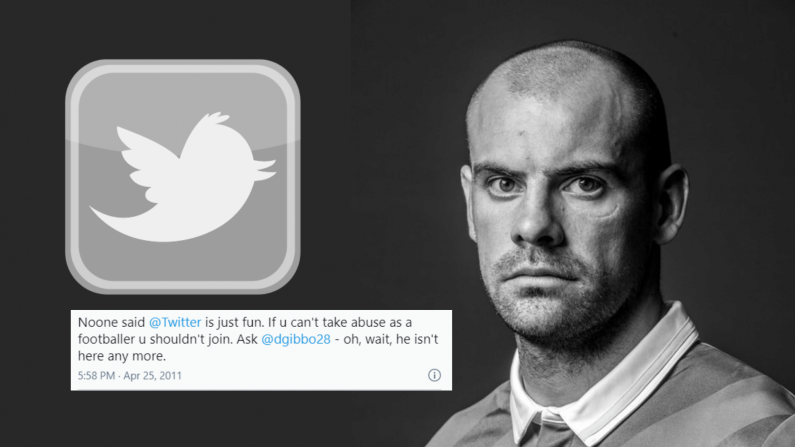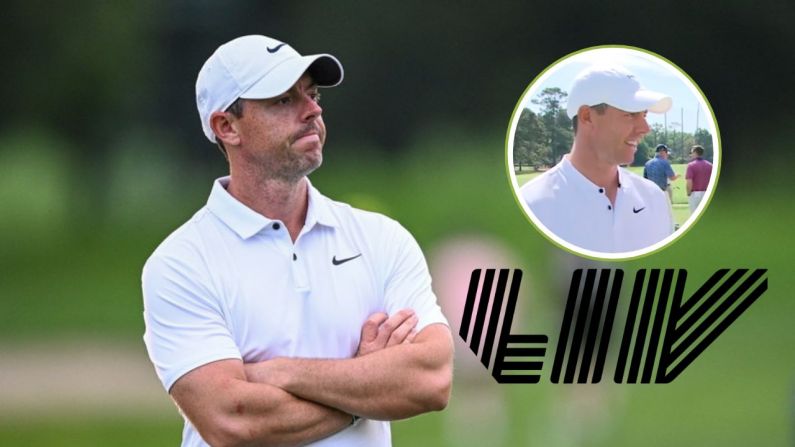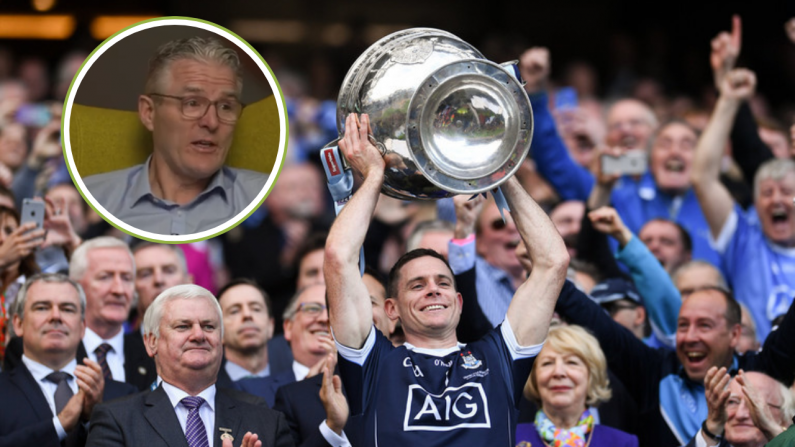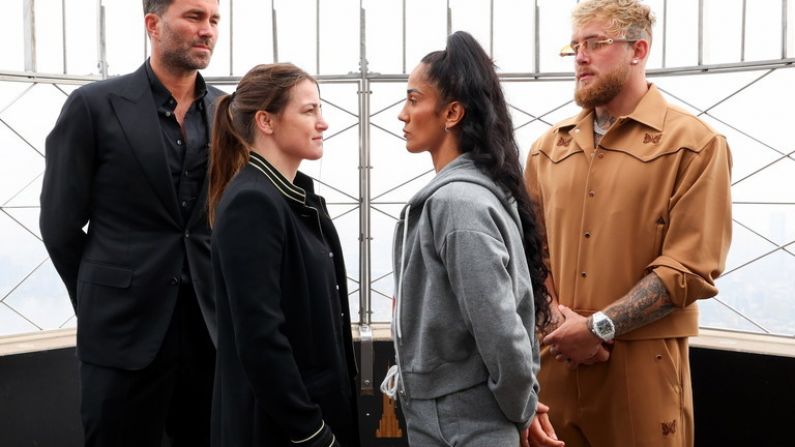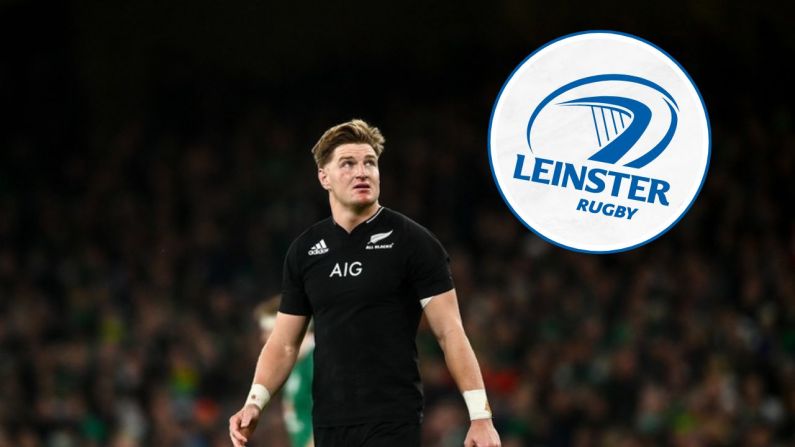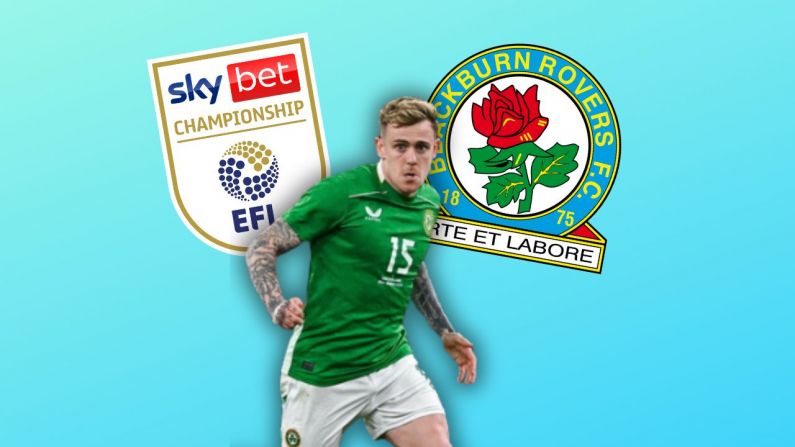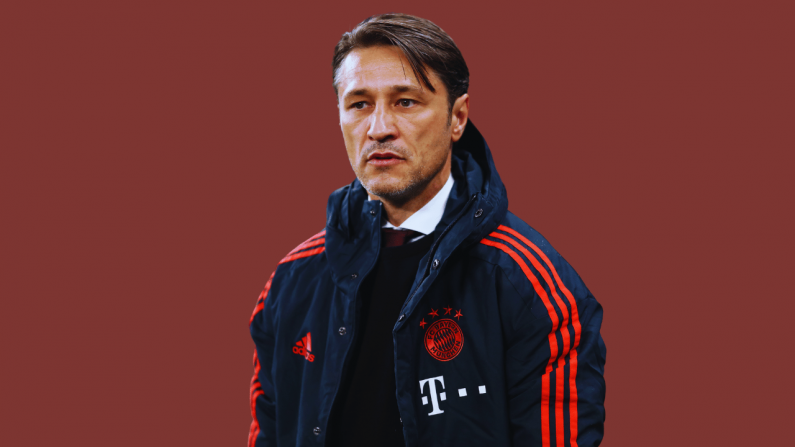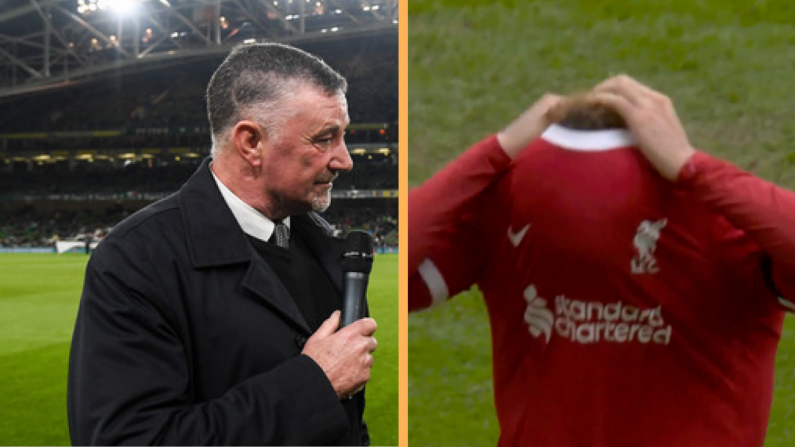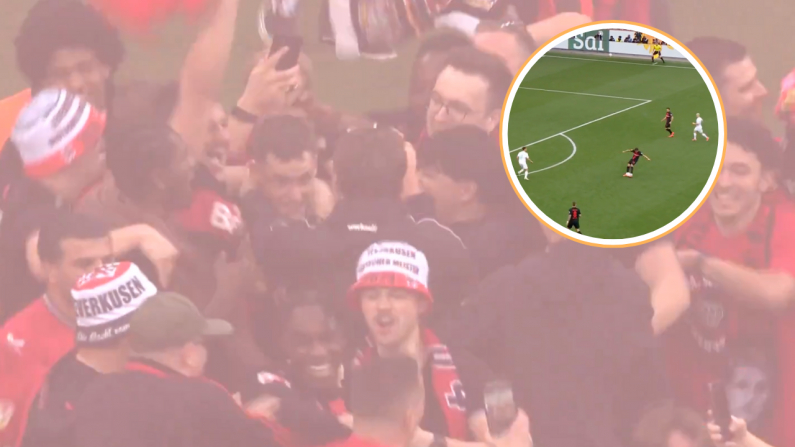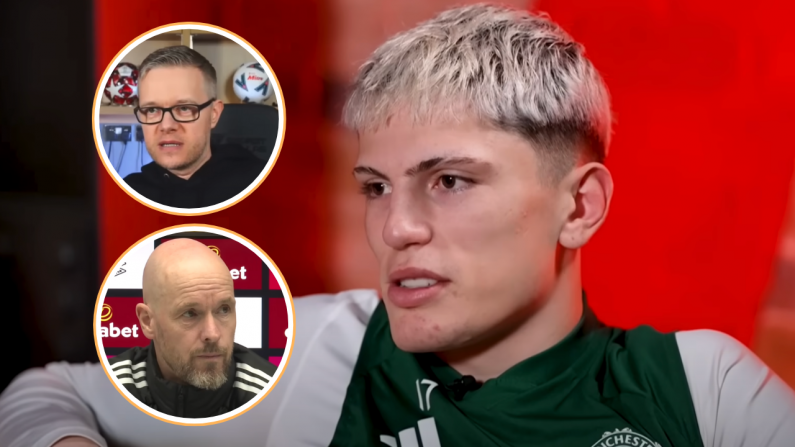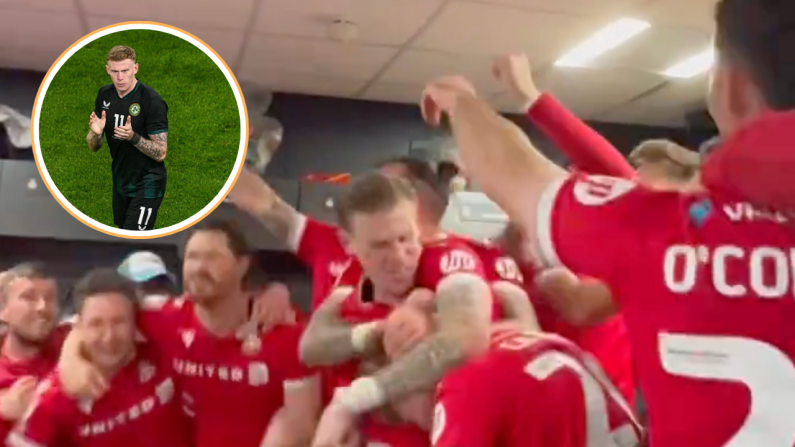The 'conversation' that we as a society have about social media these days is mostly one about its dangers. There are some of us old enough to remember articles about how Twitter and Facebook were going to overturn dictators and free the world. Instead what we got were perpetually-burning dumpster fires with very good memes.
Were there 'fork in the road' moments for social media platforms, events where users and platform owners could have learned valuable lessons that could change how the platforms were used? Or is social media inherently cruel and designed to exploit our deepest insecurities and vulnerabilities?
Today we celebrate the anniversary of a seemingly insignificant moment of internet history. It's also a moment when I feel Twitter crossed a proverbial Rubicon. Had the users of the platform, or the people who own it, fully appreciated what was happening on this day in 2011, actions could have been taken that might have profoundly changed how the platform was used. Instead we live in a world where people - footballers and nonfootballers - are expected to endure abuse, racist or otherwise, as a consequence for existing there.
That moment happened 10 years ago today, when Manchester United and Republic of Ireland player Darron Gibson deleted his Twitter account two hours after creating it.
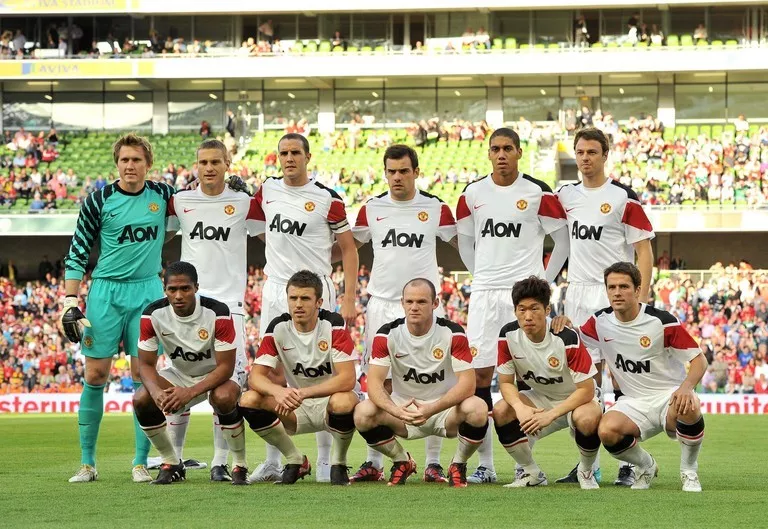
In 2011, Twitter was largely seen as a force for social good. The microblogging site had been useful in galvanising rebellions across the Middle East in the Arab Spring that same year. It was a much more innocent time for social media. There was an esprit des corps amongst many of its users. It was fun to talk about hashtags. Bots were years away. Follow Friday was a thing. People used to recommend accounts to their followers just because they liked them.
The arrival of famous people onto Twitter was a really big deal. It was like when the cool people from your secondary school attend your house party. Twitter gave voice to the voiceless, but celebrities conferred the whole movement with legitimacy.
Darron Gibson's ill-fated, incredibly-brief spell on Twitter proved how quickly that communal spirit could turn vile.
That spring, Manchester United were coasting to the Premier League title. Gibson would make 20 appearances for Manchester United that season. The Derryman was a perennial disappointment as a footballer. He was capable of scoring the occasional daisy-cutter but seemed to lack the hunger to match his own god-given ability.
Darron Gibson hit this stunner as #mufc won 1-0 at Hull on the final day of the 2008/09 season. https://t.co/9l0Tum68Oh
— Manchester United (@ManUtd) May 22, 2015
On 25 April 2011, Gibson joined many of his Manchester United teammates on Twitter. Gibson's teammate and drinking pal Wayne Rooney had joined Twitter just a few days before, and picked up 200,000 followers in 48 hours. This was ages before footballers would have social media managers crafting their online content.
Hi rio do u want picking up in the morning pal
— Wayne Rooney (@WayneRooney) April 23, 2011
Gibson's Twitter account went live around 12.15pm on a Monday afternoon, the day before Manchester United's Champions League semifinal against Schalke. At 12.19pm, Gibson's teammate Rio Ferdinand tweeted to inform the world that @dgibbo28 was now on Twitter.
We have a new member from the Man utd crew... @dgibbo28 has joined twitterverse show him some love tweeps!
— Rio Ferdinand (@rioferdy5) April 25, 2011
It's strange to think of the Manchester United captain sitting around Carrington, typing the words 'twitterverse' or 'tweeps' into his phone, but such was the novelty of Twitter then.
Gibson did not have to tweet anything. Slowly, but surely, the abuse started to roll in. A lot of it came from Manchester United fans who were sick of his middling performances. There were Northern Ireland fans who hated him for choosing to play for the Republic. Many were keen to tag @dgibbo28 to be sure he saw the abuse.
@rioferdy5 Iv heard that @dgibbo28 can "hit em". :-/ that's not what Iv seen #stupidirishcunt
— dalem (@DaleM__) April 25, 2011
@dgibbo28 I hate you :-/
— dalem (@DaleM__) April 25, 2011
@dgibbo28 hasn't tweeted yet. Seems somewhat fitting after the countless anonymous performances we've seen from the 'footballer'
— DG (@Dominic_Gray) April 25, 2011
RT @ButterForce: Darren Gibson @dgibbo28 is on Twitter, a traitor to his country and a shite footballer #gawa #mufc
— Gary Al-Smith (@garyalsmith) April 25, 2011
Noone said @Twitter is just fun. If u can't take abuse as a footballer u shouldn't join. Ask @dgibbo28 - oh, wait, he isn't here any more.
— Dominik Alexander (@scriptorium_77) April 25, 2011
Two hours later, Gibson closed his account, without a single tweet.
Ferdinand would tweet later an explanation that day, and try to protect Gibson: "Darron Gibson says he came on to see what the lads were up to....he came off because he couldn't be bothered with it not any other reason." Some Manchester United fans rallied to Gibson's defense with the hashtag #getgibboback. Gibson would return to Twitter a year later when he'd joined Everton, under the name @D_gibson4. That account would later be deleted.
It was a seminal victory for internet mob rule. A perceived fraud had innocently entered the rarified air of the 'Twitterverse' and was quickly guillotined. News media covered the story without much in the way of comment, and internet bullying became normalised. This was a new side of Twitter: it wasn't Liverpool or Man City fans driving the abuse. It was disturbing to see a club's supporters so publicly turn on one of their own.
Admittedly, Gibson is almost impossible to defend. He was a very average footballer who'd be convicted for drink driving while playing for Sunderland in 2018. Still, those tweets - when read with ten years remove - feel very strangely personal. It boggles the mind that platforms can exist which permit the exchange of such vile and abusive messages between strangers.
It was patently clear this day ten years ago just how destructive Twitter could be if left unregulated. Things would only get uglier and it took Brexit and Trump for people to see Twitter for what it was. It was there for all to see this day ten years ago.

